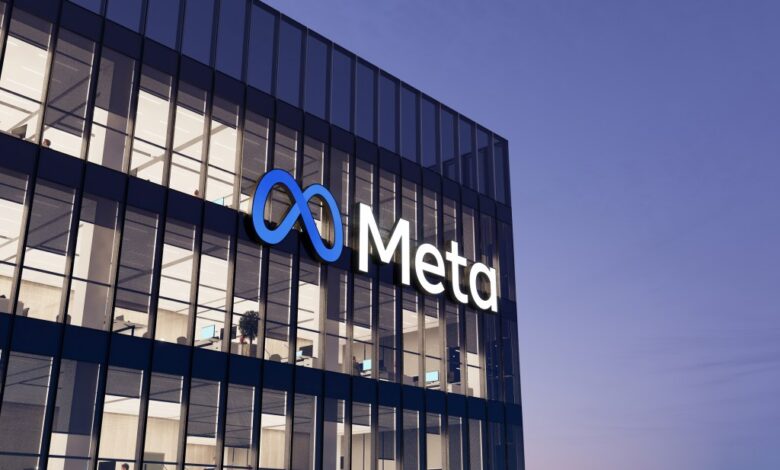Lawsuit claiming Meta prefers foreign workers over US citizens revived by appeals court

A US appeals court on Thursday revived a software engineer’s proposed class action claiming Meta Platforms refused to hire him because it preferred to give jobs to foreign workers who are paid less wages.
The San Francisco-based 9th US Circuit Court of Appeals in a 2-1 ruling said that a Civil War-era law barring discrimination in contracts based on “alienage” extends to bias against US citizens.
The decision reverses a California federal judge’s dismissal of a lawsuit by Purushothaman Rajaram, a naturalized US citizen who says Meta passes over American workers for jobs in favor of cheaper visa recipients.
Rajaram is seeking to represent a class that includes thousands of workers.
Meta, which owns Facebook, Instagram, and WhatsApp, did not immediately respond to a request for comment. The company in court filings has denied wrongdoing and said Rajaram failed to show that Meta intended to discriminate against U.S. workers.
Daniel Low, a lawyer for Rajaram, said that bias against U.S. citizens is a significant problem in the tech industry.
“We expect that this ruling will lead to more lawsuits seeking to end such discrimination,” Low said in an email.
The 9th Circuit had never before addressed whether the federal law, Section 1981 of the Civil Rights Act of 1866, provides protections from hiring discrimination for US citizens.

The only other appeals court that has, the New Orleans-based 5th Circuit, said the law did not apply to US citizens in a 1986 decision.
The split created by the 9th Circuit on Thursday raises the chances that the Supreme Court could hear the case if Meta appeals.
Conservative groups have increasingly cited Section 1981, which also bars race discrimination in contracts, in challenging companies’ diversity initiatives and the hiring of foreign visa workers.
Thursday’s decision could be a major boon to plaintiffs in a growing number of cases alleging bias against U.S. workers, at least in California and the eight other states covered by the 9th Circuit. Unlike Title VII of the Civil Rights Act of 1964, the federal law banning workplace discrimination, Section 1981 does not cap the damages that plaintiffs can receive if they win lawsuits, and it does not require them to file complaints with government agencies before suing.




